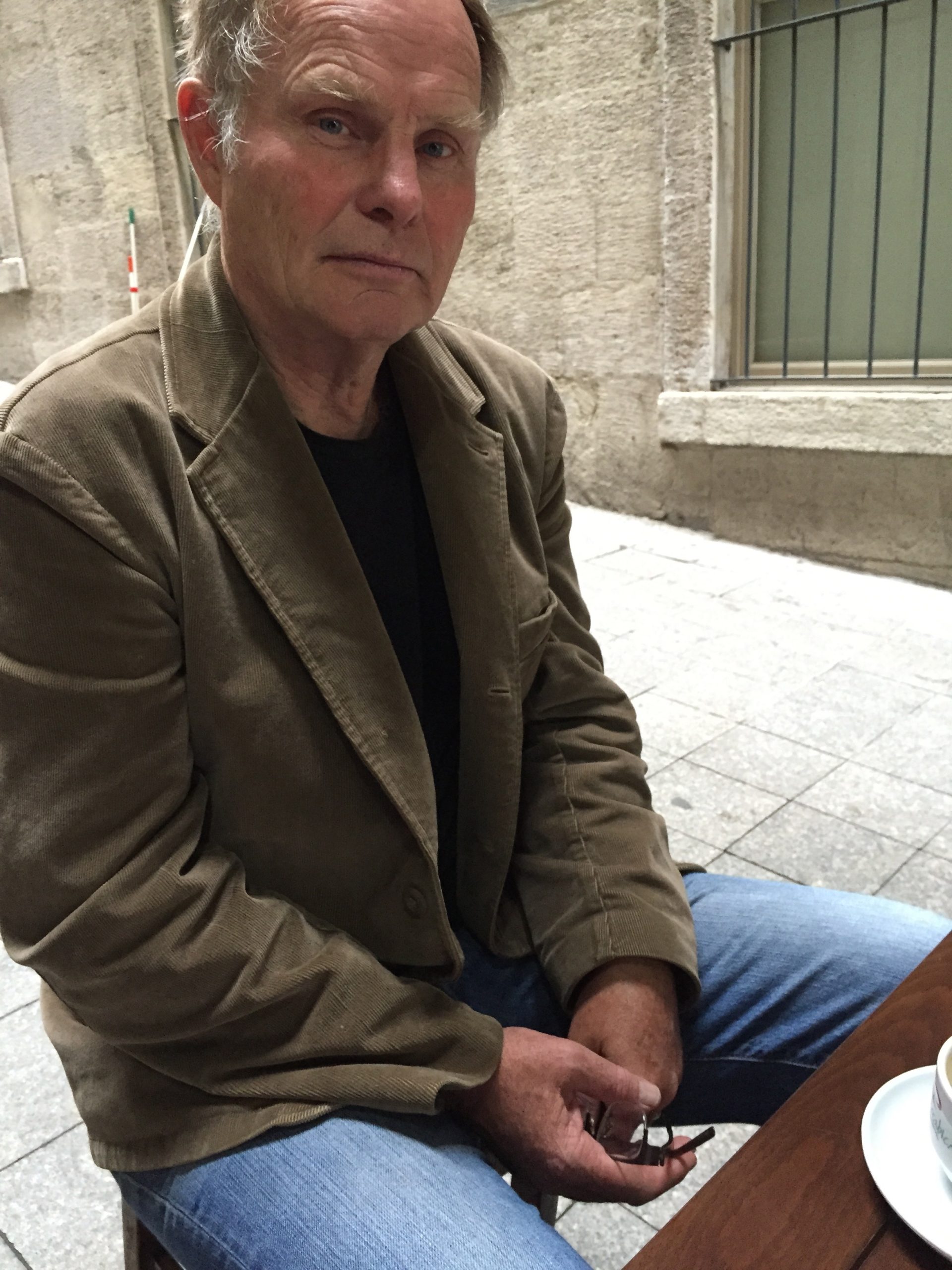Some information may be outdated.
From early on in this pandemic, we’ve stayed home. I feel guilty that because of coronavirus, I have something I’ve been missing for years: extended springtime in the desert. Besides being over sixty years old, having some extra money to donate, and able to work anywhere, the most I can contribute is to stay home.
In our household during COVID-19, I’m the designated gatherer—the only family member who travels from our home in Castle Valley to town for supplies. Each week, I’m astounded and grateful to all those who at the risk of their own health resupply shelves, ring up and bag our purchases (not to mention those invisible thousands who grow and produce and deliver food to the stores where I shop), send and deliver our packages, provide our books and prescriptions, deal with our trash. My own role of staying home pales by comparison.
A few weeks ago my town to-do list included a coronavirus test. The week before, I’d been in the local liquor store on the same day as an employee who later tested positive for the virus. I worried a bit, not so much that I would get sick since I was feeling great, but more that I might have it and without knowing it pass it on to others.
Meeting Mary, the nurse administering the test, was so fortuitous. Thank goodness, she’d perfected the procedure, twisting that long nasty tube ever-so-smoothly up through my sinuses stopping only at my brain. Afterward, she shared the fears she has about the ongoing pressure to get Moab back in business and the serious downsides to that. She told me that besides staying home, to be healthy and safe I should eat well, drink water, reduce stress, and get outside alone and walk as much as possible.
Over the next week I learned I’d tested negative. Plus, due to the precautions the liquor store management had put into place, (the plastic screens, the wearing gloves, the wiping down the bottles and counters) no other employees tested positive.
That week I also read the book “Solitude: A Return to Self” by Anthony Storr. The book explains the concept that experiencing deep solitude is not only important for individuals in need of an attitude adjustment, but also for the good of the collective. Indeed, most cultures have a ‘hermit tradition’ wherein members who retreat into the wilderness attain wisdom that is valuable to society as it moves forward into the future.
Before the lockdown I was in Cambridge, Massachusetts, where my wife, Terry, teaches at the Harvard Divinity School. There, we’re surrounded by many high energy, intense people with whom one needs an appointment to even chat on the phone. I’ve often wondered about the source of their inspiration and how these highly functioning individuals find time to tap into it if every moment is scheduled and accounted for. When do they possibly prepare for all the meetings they’re required to attend? Do they have any solitude?
America seems to have no ‘hermit’ tradition, at least in the traditional sense. This would require solitude, something we’ve learned as Americans is bad for business. Here, solitude is an absence waiting to be filled (with our screens which we now carry with us where-ever we go, bombarding us with everything we never knew we needed) rather than a presence containing peace and inspiration to seed our imaginations.
In Hindu philosophy, all humans ideally mature into hermits.
If America was to have a hermit tradition, what would that mean? How about starting with the same advice I got from Mary, the nurse, on how to stay safe from the coronavirus: get outside (preferably alone), walk, eat well, drink water, reduce stress.
Watching our government leaders as they dangerously bumble their way into what promises to be a dramatically diminished future, I wonder if hermits might have made a difference. I wonder if they might yet.
I’ve been practicing. I am serious about my new ‘hermit’ role. Have I gained any insights or wisdom as we move through these difficult times into the future? Not yet, but I’m working on it.
Long ago, during a long famine, a pilgrim asked an old hermit, “What should we do, we are starving?”
The old hermit answered, “perhaps we should fast.”
This story has changed but not much. “There’s a virus, what should we do?”
“Perhaps we should become hermits.”
Brooke‘s life has been one of adventure and wilderness exploration. His conservation career spans 40 years. His most recent book, Open Midnight, documents his exploration of places where the outer and inner wilderness meet. He’s now writing about dragonflies and hermits. He believes that the length of the past equals the length of the future.
“If America was to have a hermit tradition, what would that mean?”
– Brooke Williams
Appreciate the coverage? Help keep local news alive.
Chip in to support the Moab Sun News.



